This video and more updated versions of similar videos are available for instant download licensing https://www.alilamedicalmedia.com/-/galleries/narrated-videos-by-topics/diabetes ©Alila Medical Media. All rights reserved. Support us on Patreon and get FREE downloads and other great rewards: patreon.com/AlilaMedicalMedia All images/videos by Alila Medical Media are for information purposes ONLY and are NOT intended to replace professional medical advice, diagnosis or treatment. Always seek the advice of a qualified healthcare provider with any questions you may have regarding a medical condition. Diabetes refers to a group of conditions characterized by a high level of blood glucose, commonly referred to as blood sugar. Too much sugar in the blood can cause serious, sometimes life-threatening health problems. There are two types of chronic diabetic conditions: type 1 diabetes and type 2 diabetes. Pregnant women may acquire a transient form of the disease called “gestational diabetes” which usually resolves after the birth of baby. Pre-diabetes is when the blood sugar level is at the borderline: higher than normal, but lower than in diabetics. Prediabetes may or may not progress to diabetes. During food digestion, carbohydrates – or carb – break down into glucose which is carried by the bloodstream to various organs of the body. Here, it is either consumed as an energy source – in muscles for example – or is stored for later use in the liver. Insulin is a hormone produced by beta cells of the pancreas and is necessary for glucose intake by target cells. In other words, when insulin is deficient, muscle or liver cells are unable to use or store glucose, and as a result, glucose accumulates in the blood. In healthy people, beta cells of the pancreas produce insulin; insulin binds to its receptor on target cells and induces glucose intake. In type 1 diabetes, beta cells of the pancreas are destroyed by the immune system by mistake. The reason why this happens is unclear, but genetic factors are believed to play a major role. Insulin production is reduced; less insulin binds to its receptor on target cells; less glucose is taken into the cells, more glucose stays in the blood. Type 1 is characterized by early onset, symptoms commonly start suddenly and before the age of 20. Type 1 diabetes is normally managed with insulin injection. Type 1 diabetics are therefore “insulin dependent”. In type 2 diabetes, the pancreas produces enough insulin but something goes wrong either with receptor binding or insulin signaling inside the target cells. The cells are not responsive to insulin and therefore cannot import glucose; glucose stays in the blood. In other words, type 2 diabetics are “insulin resistant”. Here again, genetic factors predispose susceptibility to the disease, but it is believed that lifestyle plays a very important role in type 2. Typically, obesity, inactive lifestyle, and unhealthy diet are associated with higher risk of type 2 diabetes. Type 2 is characterized by adult onset; symptoms usually appear gradually and start after the age of 30. Type 2 diabetes accounts for about 80 to 90% of all diabetics. Management focuses on weight loss and includes a low-carb diet.
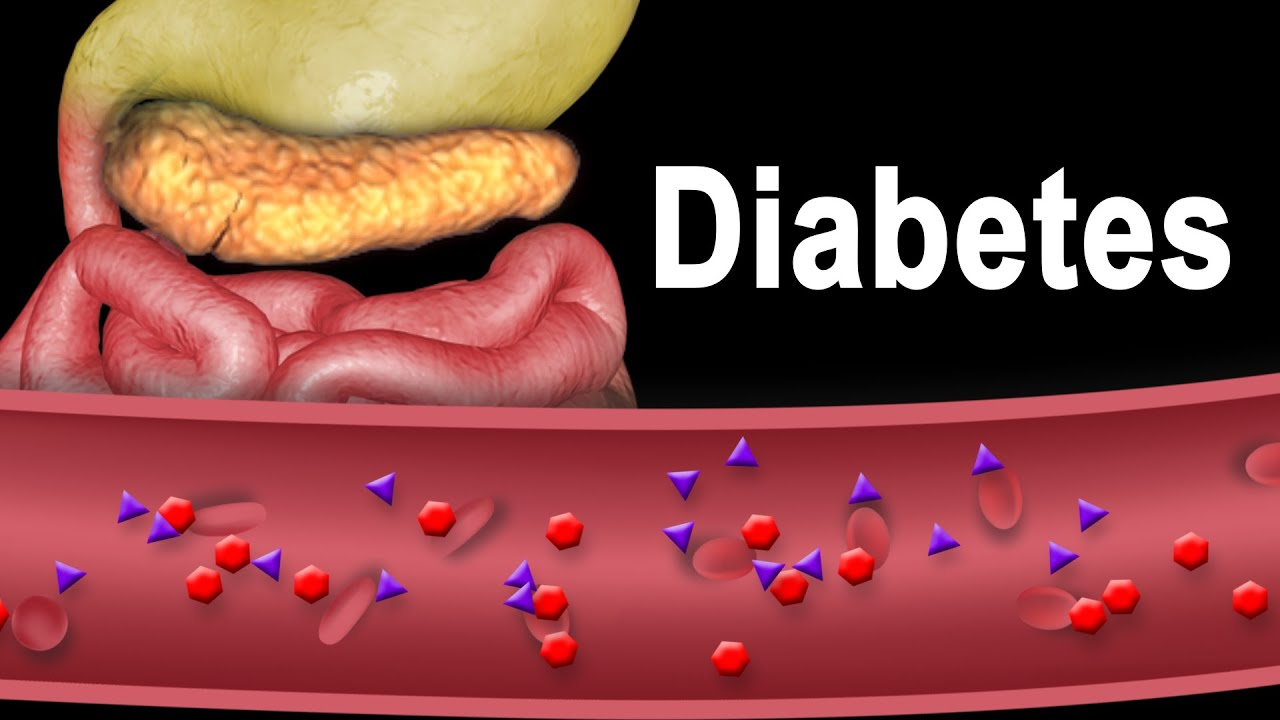
Diabetes Type 1 and Type 2, Animation.
- Post author:
- Post published:June 11, 2021
- Post comments:0 Comments
You Might Also Like

Stretching Exercise For Calf Muscles In Pregnancy
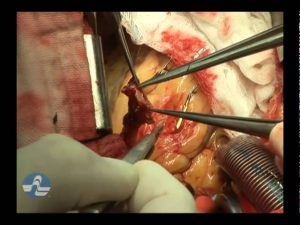
Heart Disease Treatment DVD – Bypass surgery – Preview
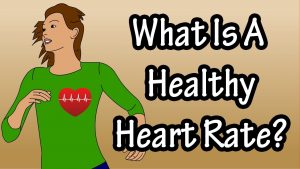
What Is A Healthy Heart Rate – What Affects Heart Rate – What Is Maximum Heart Rate
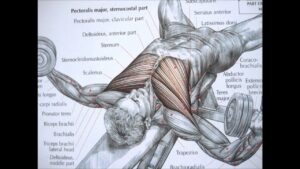
Bodybuilding chest exercise and anatomy
Lat Pull Down-9

Anabolic Steroids – History, Definition, Use & Abuse Video – 44

ACE inhibitor side effects
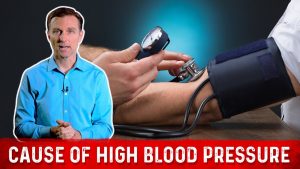
Real Cause Of High Blood Pressure (Hypertension) | Dr.Berg

Quiz Time | Modes of Nutrition | Biology | Science | Letstute

Sports Psychiatry Video – 3

HOME WORKOUT TRAINING – Static & Strength Calisthenics

Ketone Bodies in Determination in Urine- A Qualitative Urine Analysis (HINDI) By Solution Pharmacy
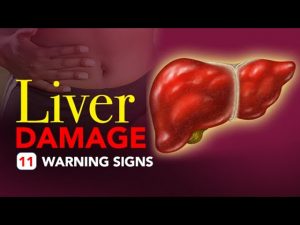
Liver Damage – 11 Warning Signs

Shrugs-9

Ben Pakulski MI40 University Pre-Workout NUTRITION

Incline Lying Triceps Extension

How To Lose Weight Fast Animation

2 NO CHEAT Side Lateral Raise Variations You Should Use On Shoulder Day

Specific nutrients to support bone formation

Top 12 Foods to Reduce Body Heat II Body Cooling foods to Beat the Heat II Summer Heat

Overweight & Obesity Video – 10

Top 10 Foods for Lactating Mothers | Foods for Breastfeeding Mom | English

How Does Creatine Work: Benefits, Side Effects & Dosage
Thyroid Hormones

Jaundice: A common liver disease
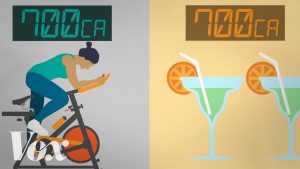
The science is in: Exercise isn’t the best way to lose weight

What is Aerobic Exercise- Cardio and aerobics workouts

Incline Dumbbell Bicep Curl Swiss Ball Exercise

Eating for Endurance
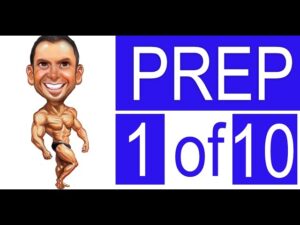
Preparation for a BodyBuilding Competition – 20 WEEKS OUT! World Champion Explains
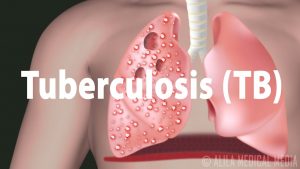
Tuberculosis (TB): Progression of the Disease, Latent and Active Infections.

Intermittent Fasting & Fasting Video – 29

Pediatric Physiotherapy Video – 15
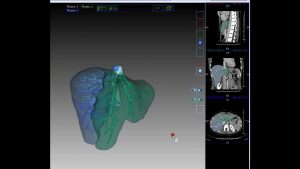
IQQA®-Liver for Virtual Liver Resection

Human Growth Hormone Explained: Everything You Need to Know (Made Simple to Understand)

Home AB Workout – Effective Exercises & Routines (Anywhere only using the Floor)

Protein Nutrition Video – 2

Top 5 Tricep Exercises | Rob Riches

Patient Education Video: Low Testosterone
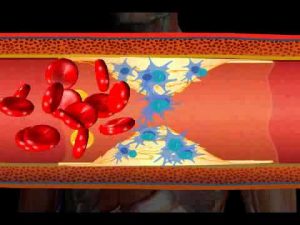
Understanding Cholesterol and its Effects

Hany Rambod’s 70 Seconds on FST-7 Overhead Tricep Extension (High Pulley)

